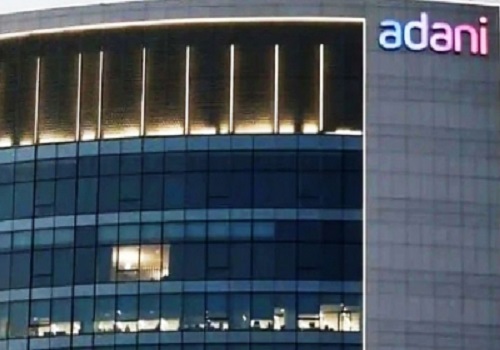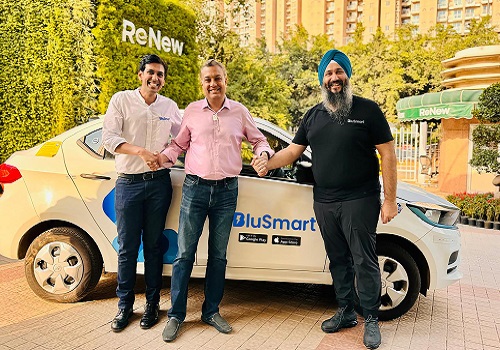Prime Minister Narendra Modi involvement and constitutional status, key to uplift ECCE in India: Pencil Power Report
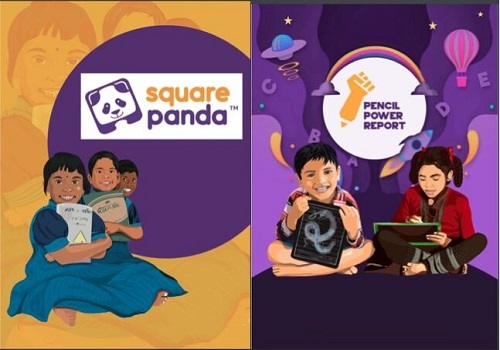
Follow us Now on Telegram ! Get daily 10 - 12 important updates on Business, Finance and Investment. Join our Telegram Channel
The first edition of SquarePanda India's 'Pencil Power Report' (PPR), compiled by neuroscientists, sector experts and practitioners, was released ahead of Children's Day.
It is the brainchild of Ashish Jhalani, Head Global Operations at Square Panda, who had also co-authored a report released by the PM's Economic Advisory Council, titled 'The State of Foundational Literacy and Numeracy in India' in December 2021.
The PPR is a breath of fresh air; because it's an entirely solution-centric endeavour. The foreword to the PPR is by Andre Agassi, famed lawn tennis player and Chairperson of Square Panda.
He sets the tone by saying: "Much attention, disproportionate to the volume of impact, is given to the 25 per cent children receiving education in the private sector. However, if we are to impact the three quarters of a billion who live in the shadow of the affluent 25 per cent, we have to think in terms of a system that enables local champions to plug and play as opposed to being dependent on the initiative of local champions alone."
Ashish Jhalani, President International Markets and Managing Director Square Panda India, has involved some of the country's top minds to outline a future course for ECCE in India.
"Our report is entirely harmonious with the The State of Foundational Literacy and Numeracy in India' released by the PM's Economic Advisory Council in December 2021. The PPR features contributions from stalwarts such as Dr Venita Kaul, Dr. Vera Blau McCandliss, Dr. Prabhat Ranjan ,Dr Nandini Chatterjee Singh,Dr. Sandhya Sangai, Dr. Romila Soni, Rewati Raman Vishewar, Dr Shakila Shamsu and Dr Shreeranjan. The report emphasises that the Prime Minister must be the key mover of ECCE in India and that it should be made a constitutional right," says Jhalani.
Key recommendations include:
Creation of a self-sustaining ECCE architecture: This can be accessed across the public education system of India, by every state and every school.
The Prime Minister must lead and chair a National Child Development Council and be the prime enabler of ECCE in India. Flowing down to the state level, a CM council of ECCE with an executive committee chaired by chief secretary can be put in place. The members of these committees may comprise ministers and respective State Secretaries of education, social welfare, health, tribal affairs, disability affairs and child development and nutrition and related aspects.
ECCE must be made a constitutional right: As concluded and recommended by Law Commission Report No. 259, ECCE must be made a constitutional right to care, assistance and education for all children, including those from birth till the age of six (and now early learning continuum unto age 8).
Converting elderly population into ECCE volunteers: It might be interesting to involve the elderly in a range of child care practices, story-telling, folk and familiar songs, stimulating graphics, involving folk artists and crafts-persons, scientists, players, naturalists, all productive section of society to play, enthral and enjoy together with each child.
Enhancing digital training resources: All States/UTs must upload the essential ECCE materials on their website and simultaneously must approve, print and provide in each ECCE centre. In every training programme organised in the State/UT, one session on ECCE must be organised.
Placing Childcare Professional Cadre in all states: This cadre must focus more on the care, academic support and holistic development of child' and less on the residual administrative tasks'.
The report also raises pertinent questions such as:
Do brilliant kids suffer in the system, as we try to accommodate others with developmental disabilities? How does each child find a path?
A platform like YouTube has enough educational material available for free.
Imagine a technology architecture like that; where lessons are levelled and graded and freely accessible by teachers across the country with a login and password in multiple languages.
"The report symbolises hope and recognises that we have a very progressive government, capable of hardcore implementation," sums up Jhalani.










Tag News
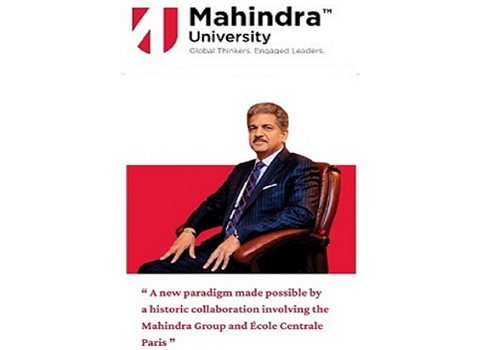
Mahindra University confers degrees to graduating students during its second annual convocation
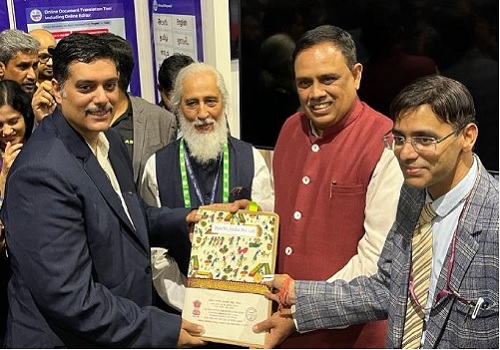

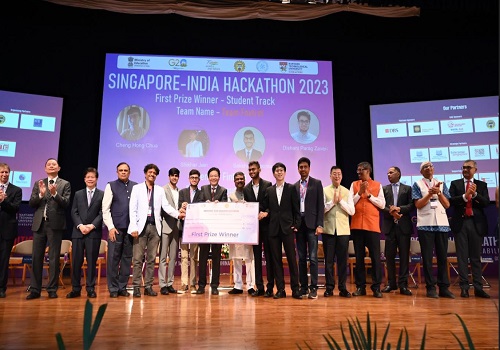


 320-x-100_uti_gold.jpg" alt="Advertisement">
320-x-100_uti_gold.jpg" alt="Advertisement">

